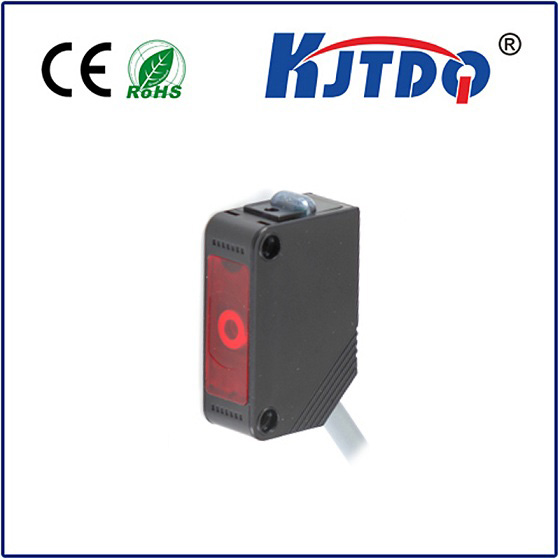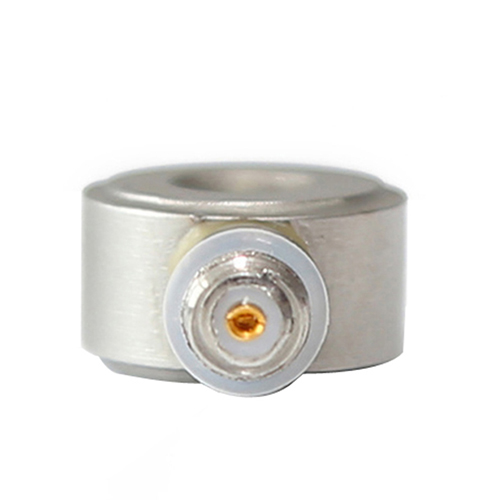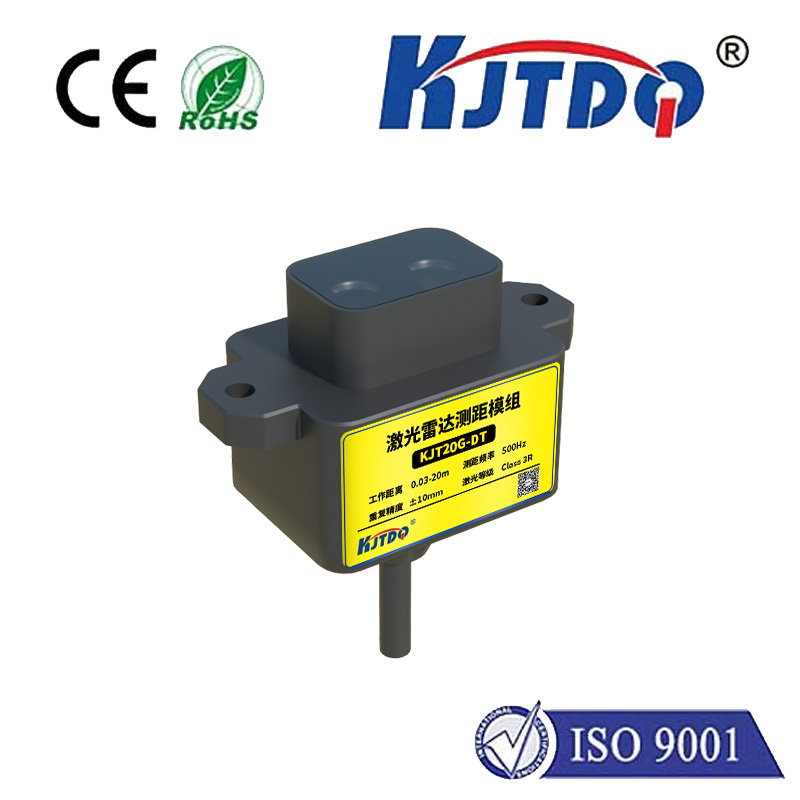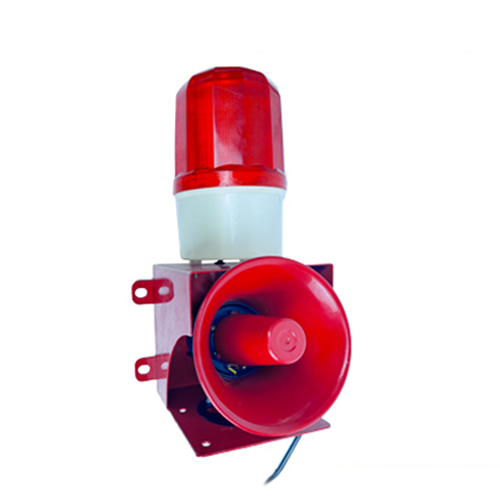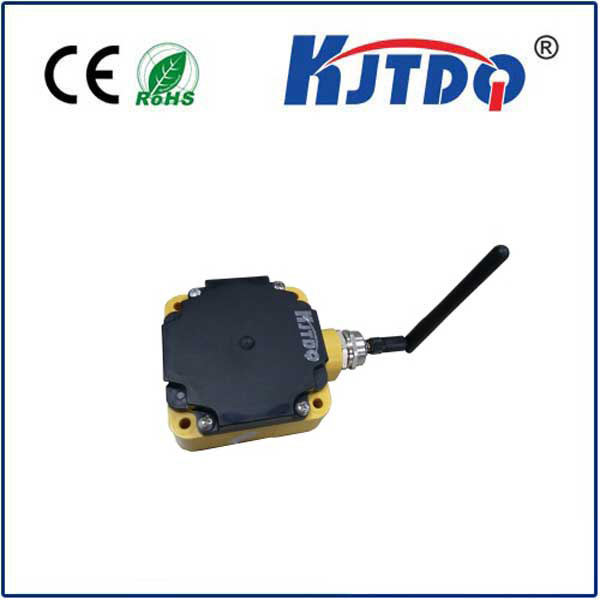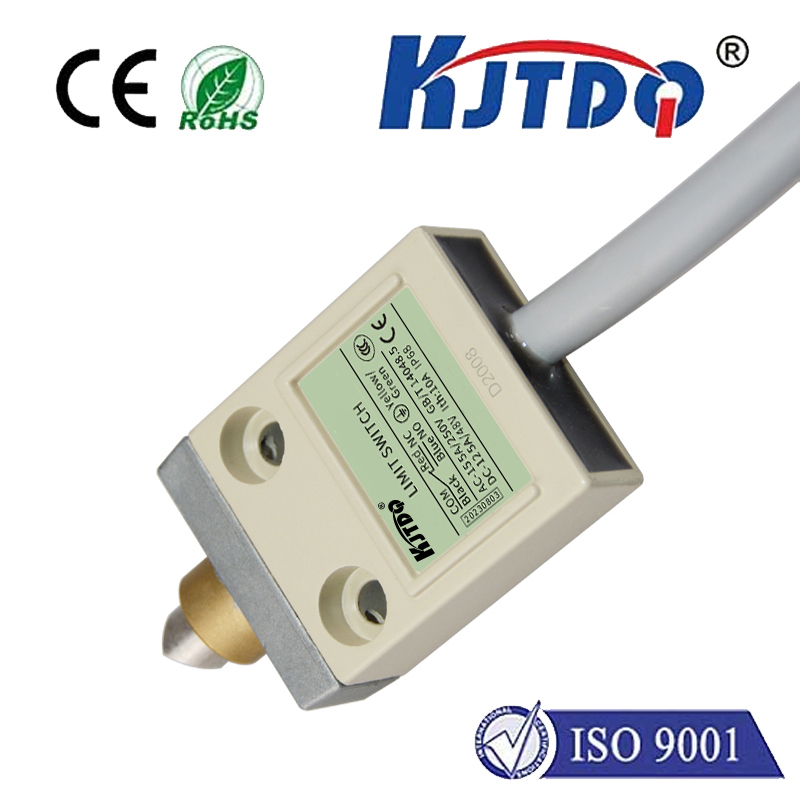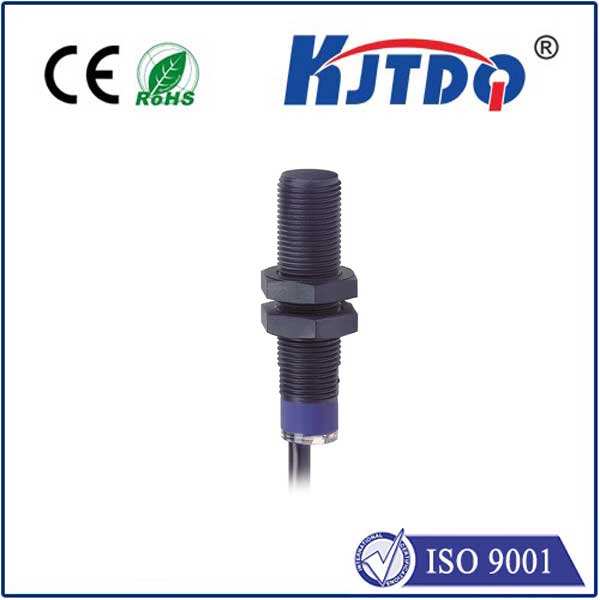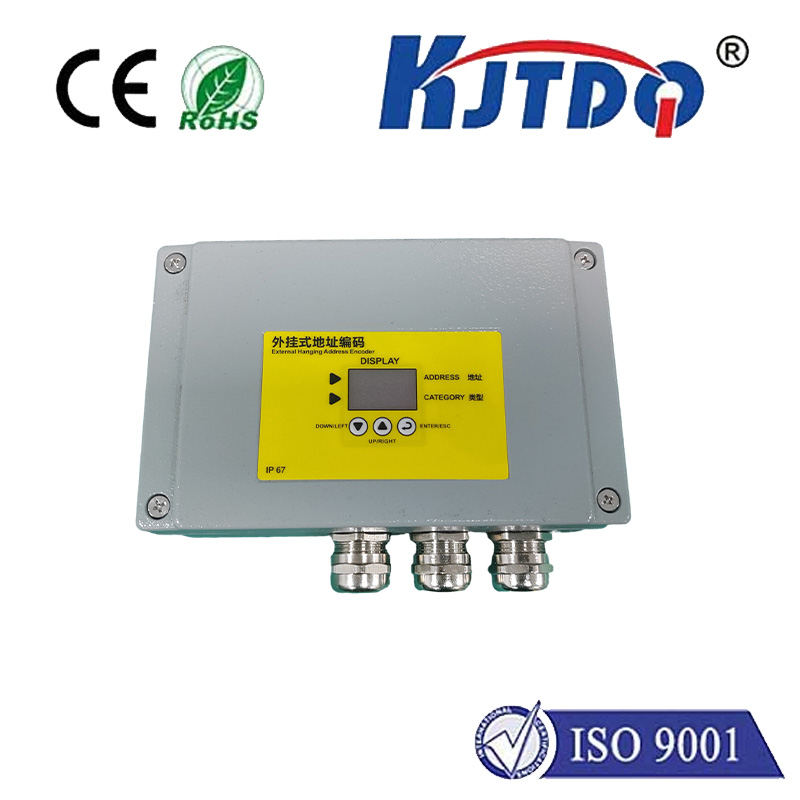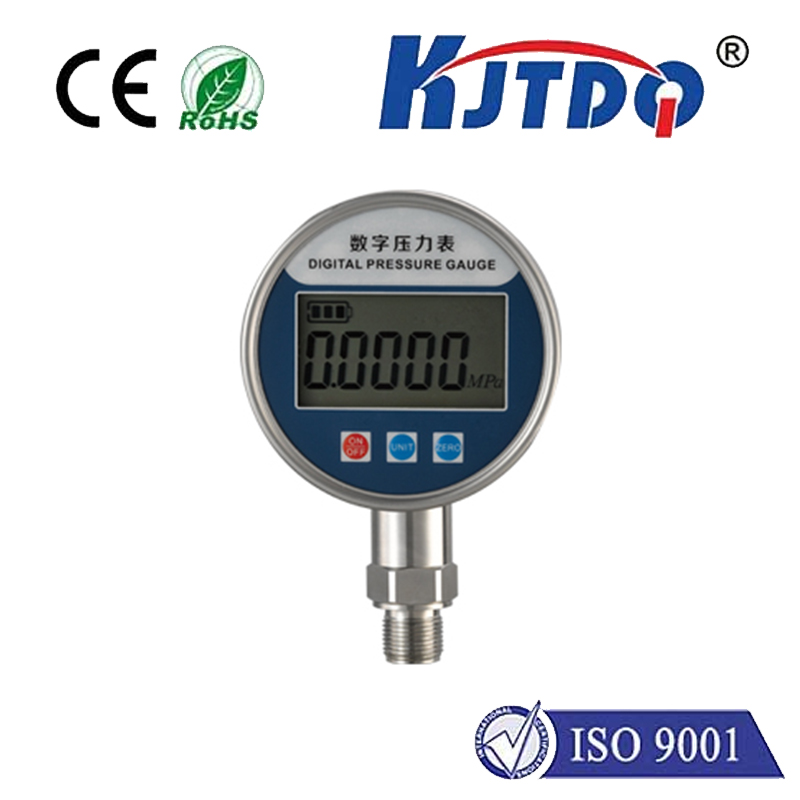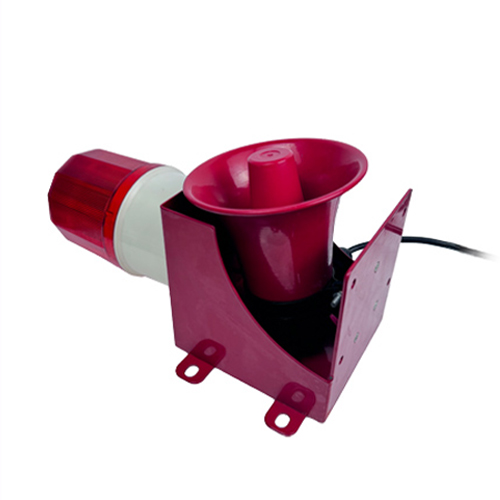

check

check

check

check

check

check

check

check

check

check
Capacitive Proximity Sensors: A Revolution in Modern Sensing Technology
Capacitive proximity sensors have emerged as a revolutionary technology in modern sensing. Unlike traditional sensors, capacitive proximity sensors detect the presence of objects without the need for physical contact. This is achieved by sensing the changes in electric field patterns, making them highly effective and versatile in a variety of applications.
The Working Principle of Capacitive Proximity Sensors
Capacitive proximity sensors operate on the principle of capacitance change detection. These sensors consist of an electrical circuit that forms an electromagnetic field around the sensor head. When a conductive object or material approaches the sensor, it alters the field's pattern. The capacitance value changes with the object's proximity, allowing the sensor to detect its presence.

Applications of Capacitive Proximity Sensors
One of the most significant advantages of capacitive proximity sensors is their ability to detect various materials, including metals, plastics, and liquids. This makes them highly applicable in industries such as manufacturing, automotive, and packaging. They are often used in machine safety systems to prevent accidents and in automation processes where non-contact detection is required.
Benefits and Advantages of Using Capacitive Proximity Sensors
Capacitive proximity sensors offer several benefits over other sensing technologies. Firstly, they provide a higher level of sensitivity and accuracy in detecting objects, even at considerable distances. Secondly, these sensors do not require physical contact with the object, reducing wear-and-tear and increasing the sensor's lifespan. Finally, the ability to detect a range of materials enhances their flexibility and utility in various scenarios.
Future Developments and Conclusion
Looking ahead, advancements in capacitive proximity sensors are set to further revolutionize sensing technology, with potential applications in areas such as healthcare monitoring and smart homes. As technology continues to evolve, capacitive proximity sensors will undoubtedly play a crucial role in improving efficiency and safety across a wide range of sectors.
In conclusion, capacitive proximity sensors represent a significant leap forward in modern sensing capabilities. Their non-contact nature, adaptability, and precise detection capabilities open up a world of possibilities, making them an essential tool for modern industry and innovation.
